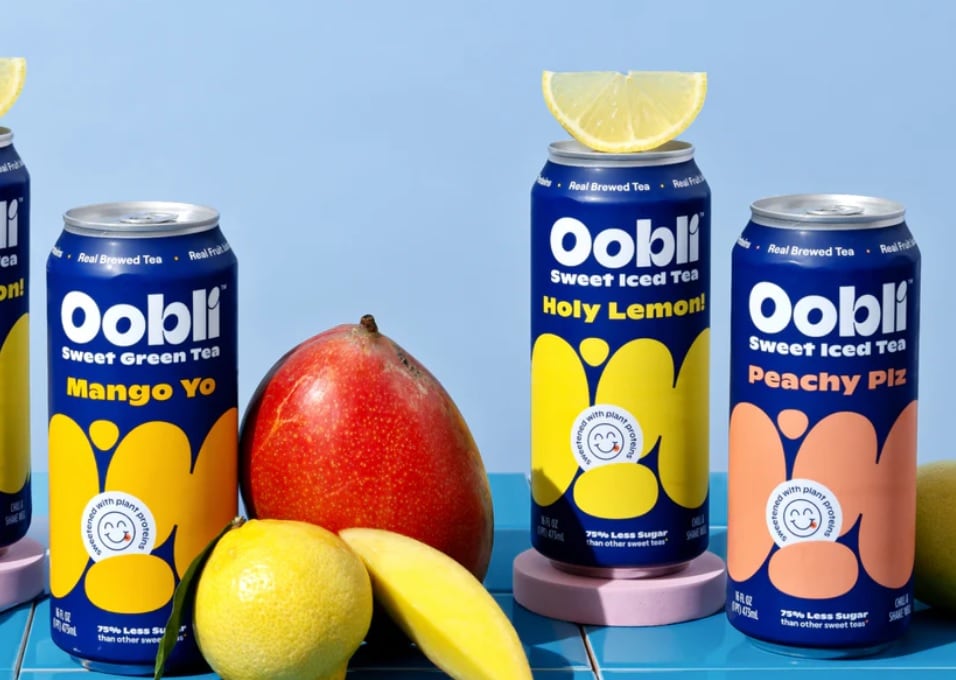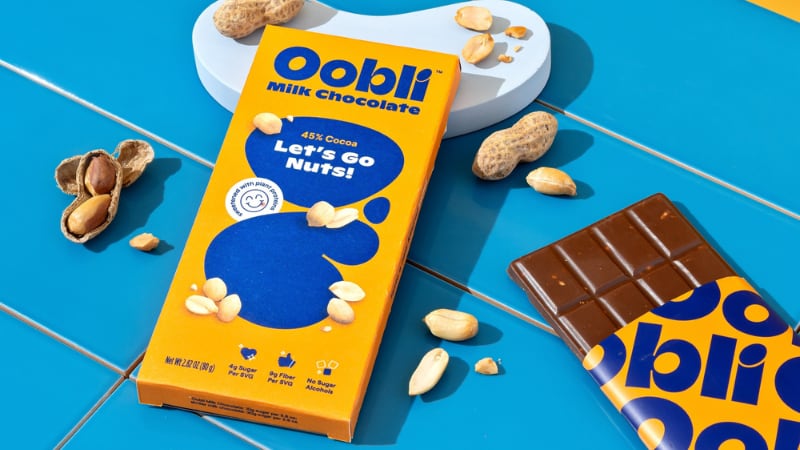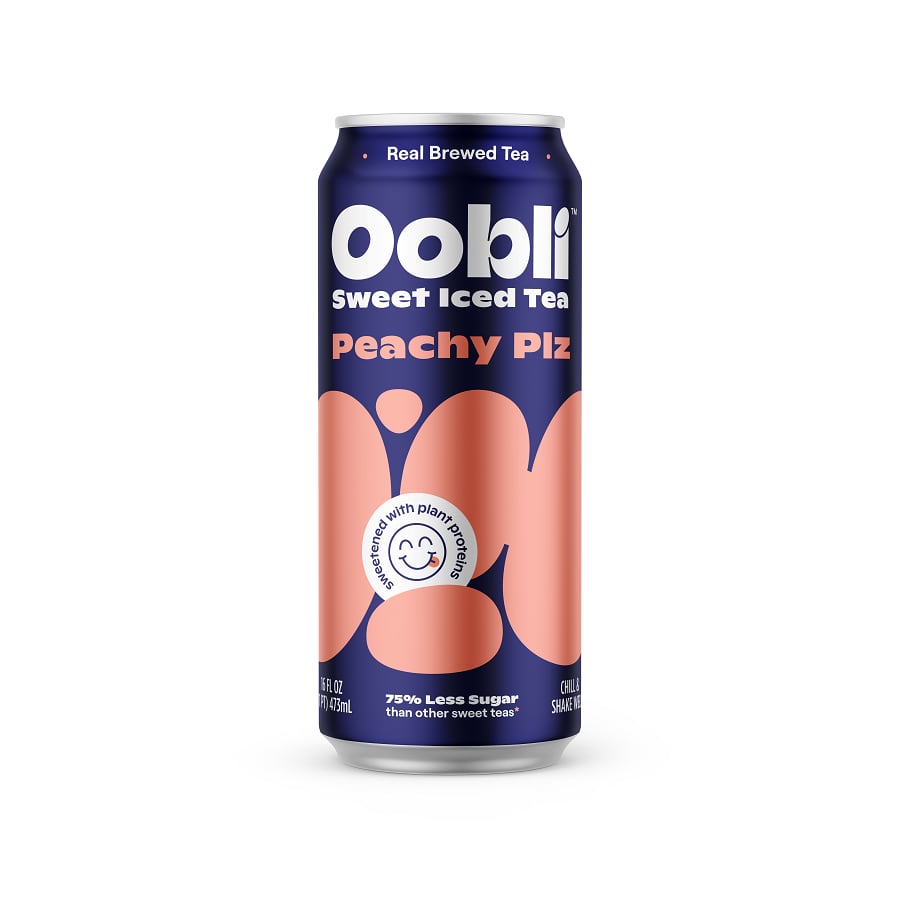The agency late last month filed a “no questions” letter for Oobli’s preparation of brazzein-53, which is one of several sweet proteins derived from the Oubli fruit and which Oobli produces via precision fermentation with an engineered strain of Komagataella phaffi P-BRZ-013 and which contains the 53-amino-acid isoform of brazzein.
The sweet protein, which the company previously self-determined as GRAS, is 2,000 to 5,000 times sweeter than sugar and can replace 70% or more of sugar in most food and beverages – including the company’s sweet tea and range of chocolates, according to the company. Because it is a protein, or “large molecule,” it also does not affect blood sugar, insulin or the gut microbiome like “small molecules,” including sugar and many alternative sweeteners, Wing added.
While filing GRAS notifications with FDA are not required – companies simply need to comply with GRAS standards – Oobli decided to go the extra mile and have the agency review the data from its self-determination because “we want to make sure we met the highest standards,” Wing said.
“The other reason this is a huge deal for us … for the other countries that pay attention to US GRAS status is you can move through their regulatory reviews much faster once you have” a no questions letter from FDA, Wing said.
“We are very focused [on bringing Oobli sweet proteins] internationally. We already have trademarks in about 20 countries, and we are working with partners in different parts of the world to introduce [sweet proteins]. But because sweet proteins are novel ingredients, every country in the world has to regulate them for the first time,” Wing said.
Oobli’s brazzein-53 is the first sweet protein to receive a no questions letter, which Wing said, “is a great commentary about sweet proteins.”
‘There is a lot of confusion around sweeteners and … a lot of fatigue’
Sweet proteins could be a game-changer to help consumers reduce their sugar intake – something many self-report they want to do, but which does not align with the increase in overall sugar consumption in the US in the past 20 years, said Wing.
“We are eating more sugar. We are not healthier. We are struggling with all these things. So, the rub has to be that we do not understand how to translate where to look for [sugar] and edit it out. There is a lot of confusion around sweeteners, and … there is a lot of fatigue of consumers on this topic,” said Wing.
But, she added, “that is where the good thing comes in for us. Generally consumers do not understand why a protein is good for them, but they trust it. So for me, the excitement is we have this fundamentally good macro nutrient in a large molecule protein that we can introduce to people and say, ‘Did you know you can get more from your protein than you have been asking from it? It can do more than build muscle, it can also be your sweetener.”
New protein-sweetened beverages coming this spring, summer
To help consumers understand sweet proteins, Oobli created a line of chocolates, which have significantly less sugar than conventional options, but which have the same taste profiles that consumers know and love.
The company also introduced a line of tea with its sweet proteins, which Wing said is just the first of many beverages that Oobli plans to introduce.
She described sugar sweetened beverages as the “800-pound gorilla” in the fight to reduce sugar consumption, and she sees many categories in which Oobli can plan.
“You are going to see some new announcements from us this spring for a non-caffeinated option for kids, and some really fun sports applications as well as other options that we are working on with our partners,” Wing explained.
A potential B2B play in the future
She also suggested that Oobli may make its sweet protein ingredients available to other manufacturers eventually – once consumers understand the concept behind the ingredients and Oobli and proven the concept of sweet proteins.
“We have never not been wanting to do B2B. We just really feel strongly that if you are introducing something for the first time – no one has done a sweet protein – then we think we have a mandate to educate consumers. We can’t just hand [other manufacturers] a powder that is a sweet protein and tell them to taste it. We need to give them products to experience it,” she said.




